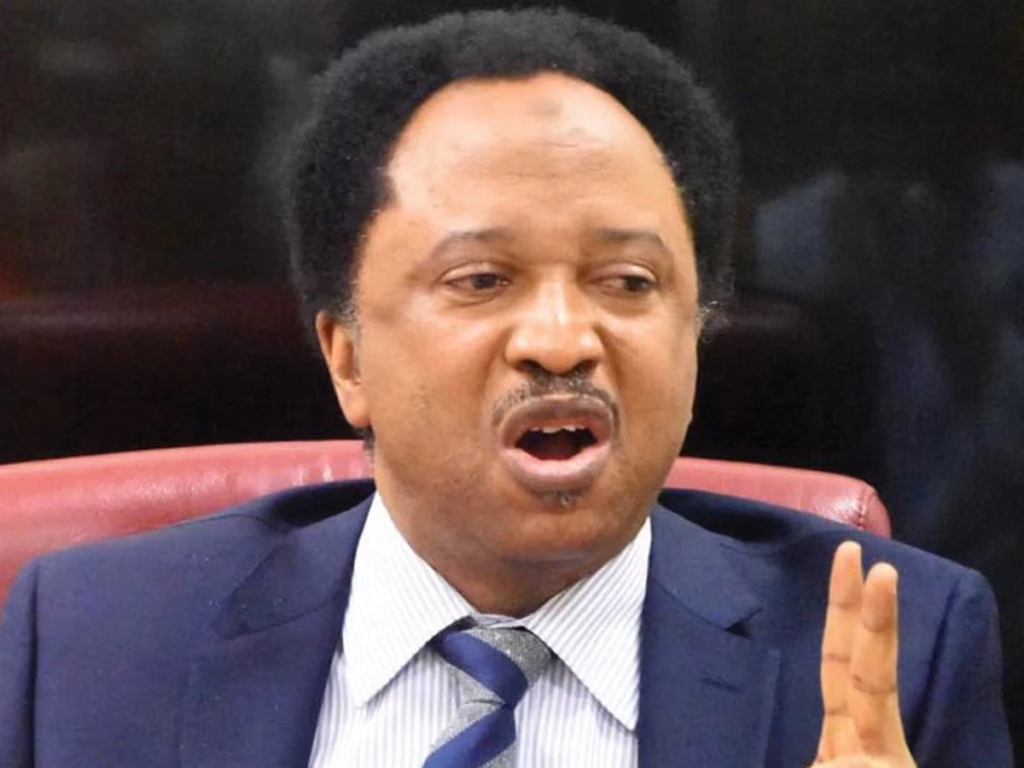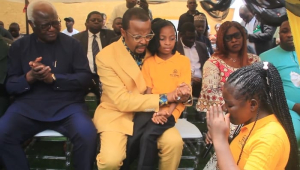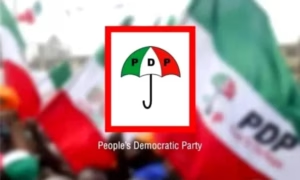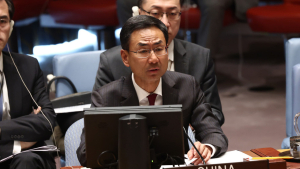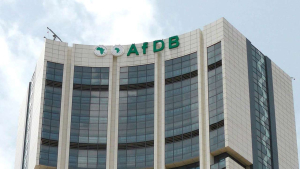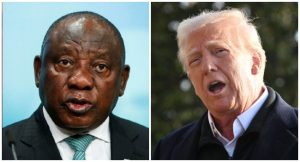In a recent social media post, former Kaduna Central Senator, Shehu Sani, has asserted that the North West and South West regions of Nigeria have been the biggest beneficiaries of political appointments and projects under the administrations of former President Muhammadu Buhari and current President Bola Tinubu. Sani’s remarks come amidst claims of a favoritism towards the South by Tinubu’s government.
Key Details:
- Political Appointments: Sani maintains that the North West and South West regions have received the most political appointments under both Buhari and Tinubu’s leadership.
- Projects Distribution: He also stated that these regions have seen the most significant development projects.
- Dismissing Claims of Bias: The former senator dismissed claims that Tinubu’s administration favors the South over the North, asserting that such assertions are deliberate distortions of reality.
In his statement on the platform, Sani wrote, “Under the immediate past and present administration, the North West and the South West regions are the highest beneficiaries of political appointments and projects. Those who are saying the ‘North’ is disfavoured against the ‘South’ are deliberately distorting this reality. The match is not yet half time, wait for more goals or penalties.”
These comments follow similar sentiments expressed by Hakeem Baba-Ahmed, a former political adviser to Tinubu, who recently emphasized that the North has historically supported southern candidates for the presidency. In the 1993 presidential election, for instance, the North voted for MKO Abiola against Alhaji Bashir Tofa, according to Baba-Ahmed.
This issue resonates amidst continued debate on regional representation and fairness in Nigerian politics, with many keeping a close eye on President Tinubu’s appointments and policies.
While discussions persist surrounding the equitable distribution of political appointments and projects across Nigeria, former Senator Shehu Sani’s statements underscore the complexity of these debates, with parties presenting divergent views on the reality of the situation. As President Tinubu’s administration continues, stakeholders anticipate further developments that may shape the narrative around these contentious issues.

